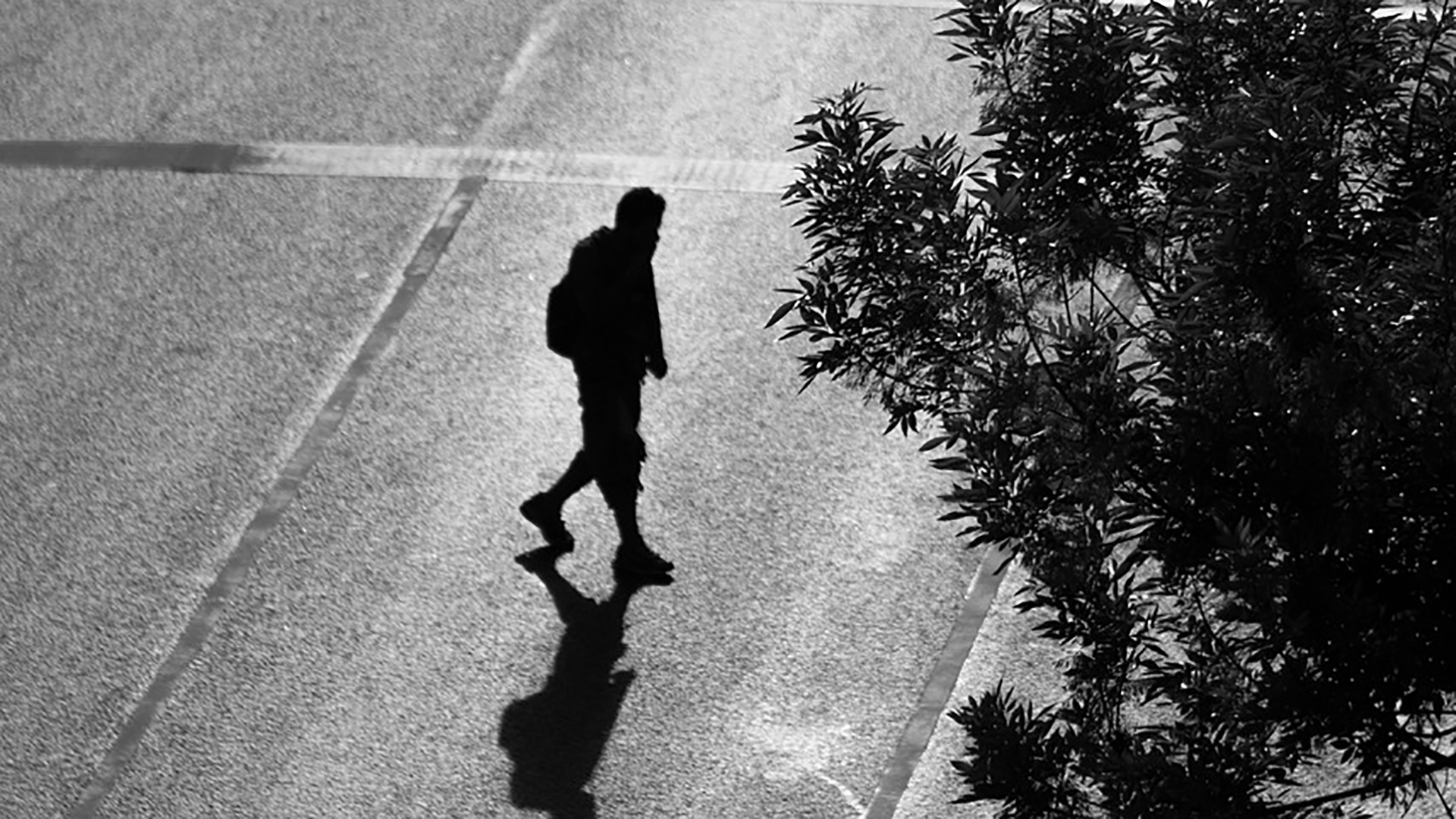Today the Supreme Court announced its decision on the most important case on homelessness in decades, laying down clear guidance for assessing who is vulnerable and in priority need.
This is of critical importance for homeless people, particularly those with disabilities who do not have children. In recent times, single homeless people have been refused housing and left to fend for themselves, as cash-strapped councils have turned away people with disabilities on the basis that they are not a priority because they are able to cope or at least cope as well as an ‘ordinary homeless person’.
This will make it much clearer who should be assisted
The case involved three appeals against Southwark and Solihull Councils, including one from Patrick Kanu, a man with hepatitis B, hypertension and psychotic symptoms whom Southwark Council had deemed not in priority need of housing because he was cared for by his wife.
Housing Act
Under the Housing Act 1996 a homeless person without children is considered to be in priority need for accommodation if they are “vulnerable as a result of old age, mental illness or handicap or physical disability or other special reason”.
The Court of Appeal had previously ruled in favour of Southwark and Solihull Councils, saying that a person was deemed to be vulnerable and in priority need only if they would suffer more than an “ordinary street homeless person”.
However, the case was then taken to the Supreme Court, which allowed Patrick Kanu’s appeal against Southwark Council’s decision, finding that his suffering should not have been compared with a street homeless person, but rather an ordinary person who stood to lose his accommodation.









